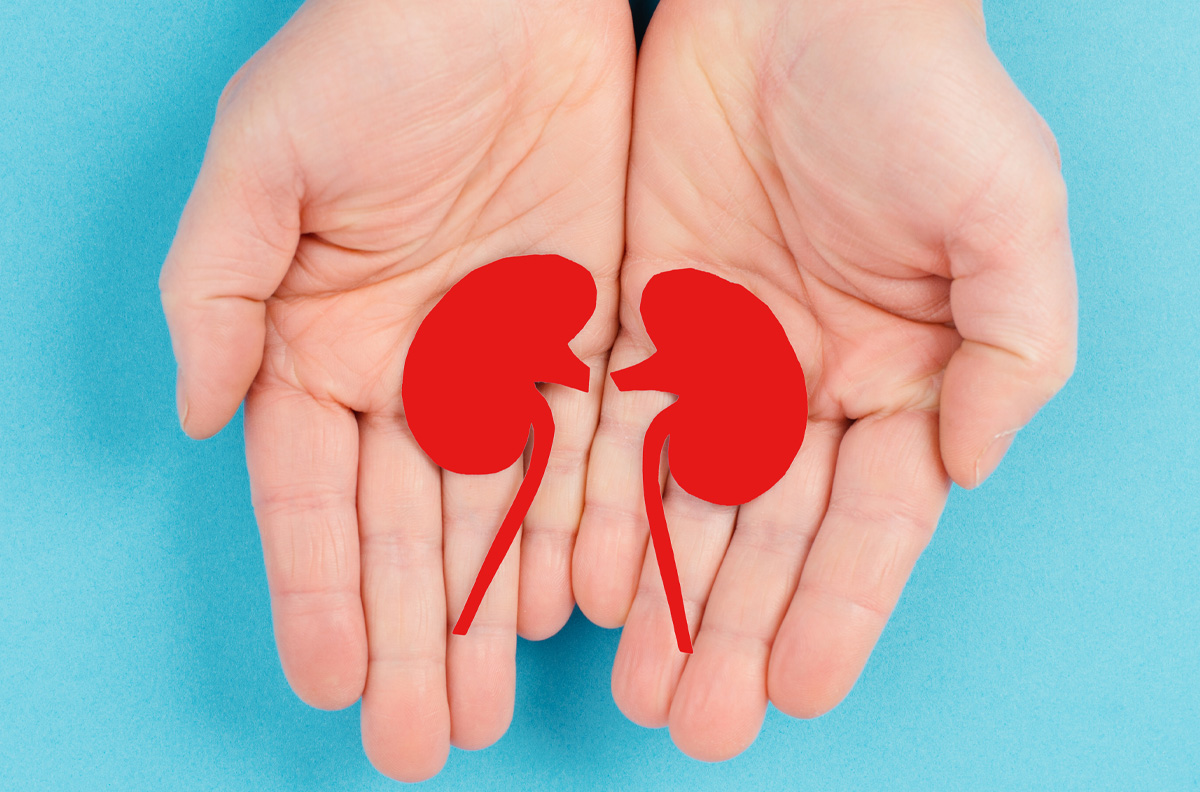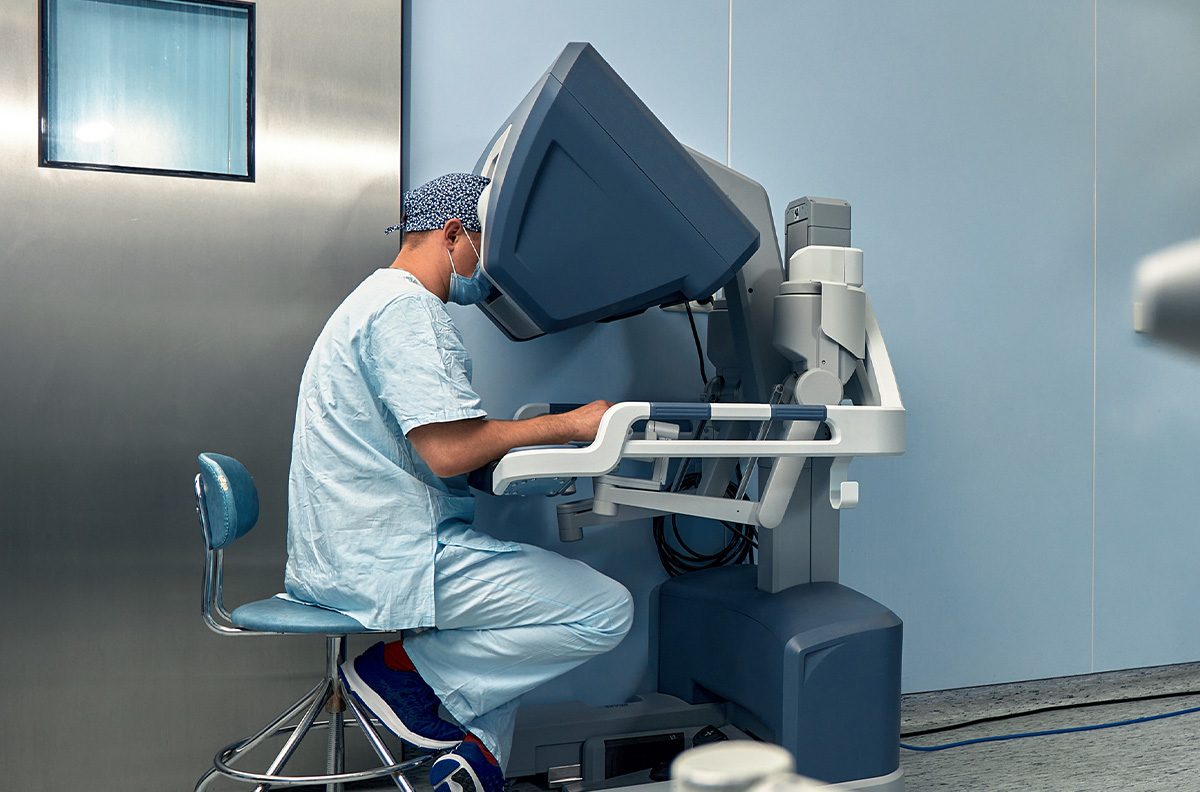Organ Transplantation
Following a successful operation, the transplanted organ begins to function shortly. With an organ transplant, you can continue your life healthily.
Liver Transplant
- Finding a Suitable Donor: Pay attention to blood type and tissue compatibility.
- Surgical Expertise: Professional surgery and modern technology.
- Immunosuppression and Follow-up: Regular medication use and follow-up are important.
Kidney Transplant
- Donor Selection and Compatibility: Blood type, tissue compatibility, and overall health are assessed.
- Immune System Control: The immune system is controlled with immunosuppressant drugs.
- Psychosocial Support: Support is provided for the patient’s emotional and social needs.
Organ Transplantation: A Lifesaving Procedure
Organ transplantation involves transferring organs from a living or deceased donor to a recipient. Patients may require transplants when certain organs are damaged or fail to function properly. Kidneys and livers are among the most commonly transplanted organs.
The transplant process is extremely challenging. Organs must be transplanted within 24 hours of being harvested from the donor. Additionally, donor consent is required for the procedure. For deceased donors, consent must be obtained from their next of kin. Organ transplants are never performed in exchange for money.
Various types of organ transplants exist, such as autografts and allografts. In an autograft, tissues are transplanted within the same individual, making the patient both the donor and recipient. An allograft involves transplanting an organ from a living or deceased donor. An isograft is a transfer between genetically identical individuals, such as identical twins. A xenograft is a transplant from an animal to a human. There are also domino and ABO-incompatible transplants. Organ transplants are performed successfully in Turkey, and a thorough evaluation by a physician determines a patient’s suitability for transplantation.
How is Organ Transplantation Performed?
You can volunteer to donate organs. This can be done through the e-Nabız system by registering your organs for donation. Organs can also be harvested from individuals who have been declared brain dead. If the deceased person had registered as an organ donor before death, the transplant can proceed with the consent of their relatives. After brain death, the organs continue to function on life support, allowing them to be transplanted to compatible recipients.
Transplants can also be performed from living donors. Since every person has two kidneys, it is possible to donate one. Additionally, a portion of the liver, a segment of the intestine, or a lobe of the lung can be donated by a living donor. Psychological preparedness is crucial for both the donor and recipient. Adhering to pre- and post-operative requirements ensures a smooth process. Modern technology and advancements in surgical techniques have made these operations more comfortable.
To be a living donor, the individual must be a relative up to the fourth degree. However, non-relatives can also donate with the approval of an ethics committee. Patients in need of a transplant are registered on a cadaver donor list. Candidates from the national transplant list are matched with suitable donors for surgery. There is no set waiting period for a transplant, and patients may wait for years until a suitable donor is found.
Important Considerations During the Organ Transplant Process
Several important details must be observed during the organ transplant process:
- The surgery must be performed by an experienced team.
- The operating room must meet medical standards.
- Patient follow-up is a crucial aspect of organ transplantation.
- There is no age restriction for recipients, but living donors must be at least 18 years old.
- Blood types of the donor and recipient must be compatible, otherwise a cross-match transplant is necessary.
As long as these critical details are observed, both the donor and recipient can lead healthy lives post-transplant. Post-operative complications can include organ rejection, diabetes, and high blood pressure. However, regular monitoring and follow-up care can address these issues.
Many people have reservations about organ donation, but the procedure does not negatively impact daily life. Living donors do not experience health deterioration, and recipients can return to normal life shortly after the operation. The patient should rest for two months before resuming work and normal activities. Medications prescribed post-operation must be taken regularly. For liver transplant recipients, alcohol consumption is not recommended.







